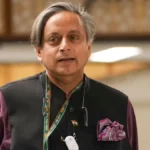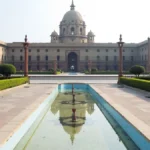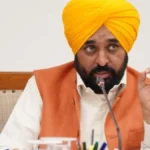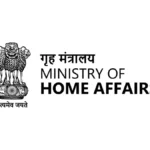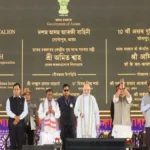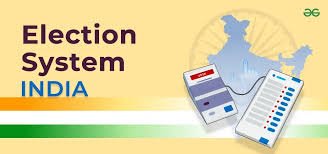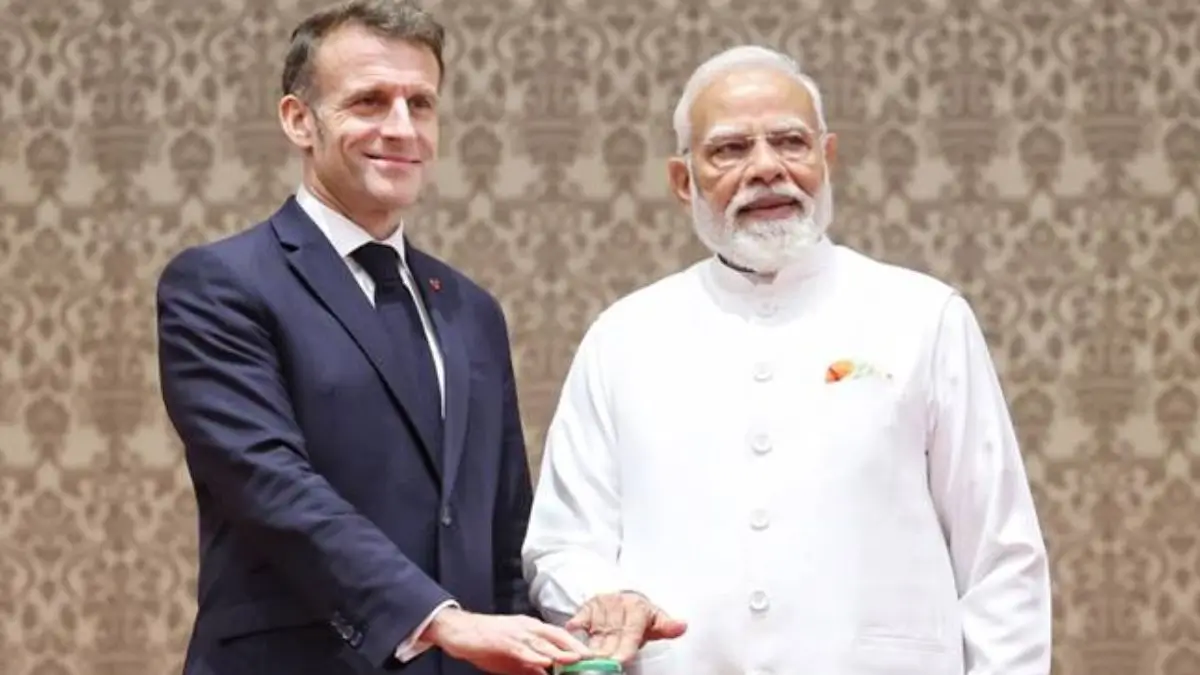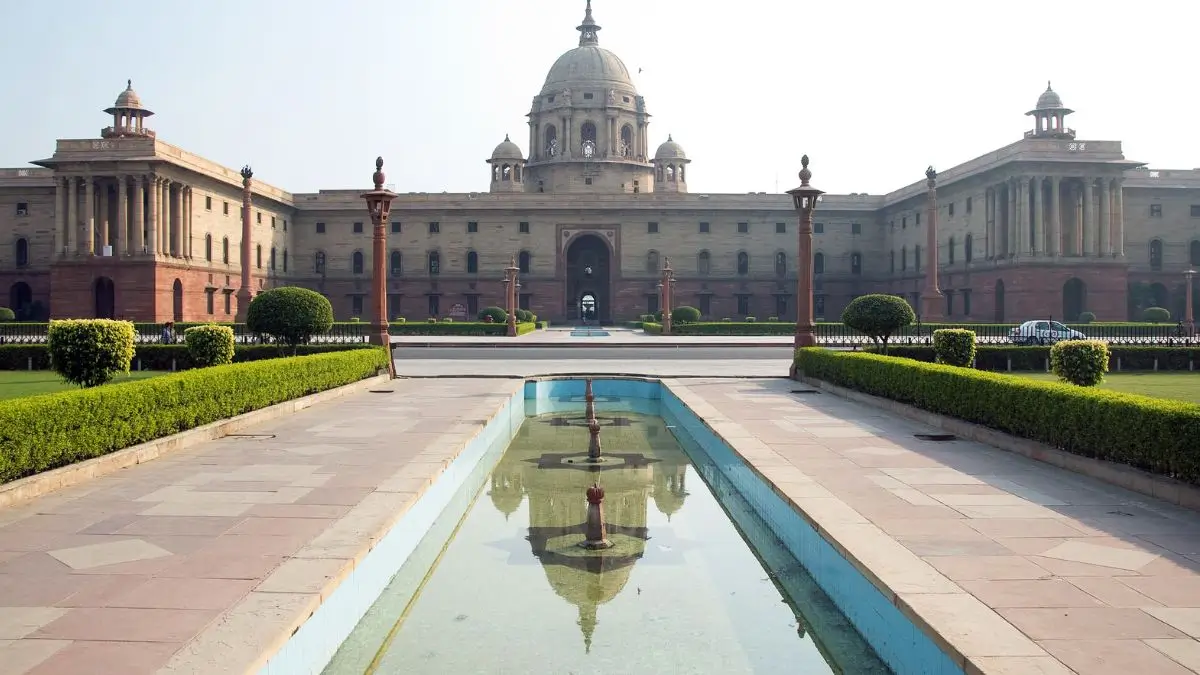Brief History of General Elections of Lok Sabha
Introduction to Lok Sabha Elections
The Lok Sabha elections, a cornerstone of India’s democratic process, have been held periodically since the country’s independence in 1947. These elections determine the composition of the Lower House of Parliament, which is essential in shaping the country’s legislative framework. The members of the Lok Sabha are directly elected by the people of India, making it a vital component of the democratic system.
The First General Election (1951-52)
India’s first general election was a monumental event, marking the beginning of the largest democratic exercise in the world. Conducted between October 1951 and February 1952, it was a massive logistical challenge given the country’s vast and diverse population. The Indian National Congress, led by Jawaharlal Nehru, emerged victorious, setting a precedent for future elections.
Evolution of the Electoral Process
Over the decades, the electoral process in India has evolved significantly. Initially, the elections were a straightforward paper-ballot system, but technological advancements have led to the introduction of Electronic Voting Machines (EVMs) in the late 20th century. This transition aimed to enhance the accuracy and efficiency of the voting process, minimizing the scope for electoral fraud.
Key Milestones and Reforms
Several reforms have been introduced to ensure free and fair elections. The establishment of the Election Commission of India (ECI) as an autonomous body in 1950 was a significant step in this direction. The ECI has the mandate to oversee all aspects of the electoral process, from voter registration to the declaration of results. Noteworthy reforms include the lowering of the voting age from 21 to 18 in 1988 and the introduction of Voter Verified Paper Audit Trail (VVPAT) in recent years to ensure transparency.
Impact on Indian Democracy
The Lok Sabha elections have played a crucial role in shaping India’s political landscape. They have facilitated the peaceful transition of power and ensured that the government remains accountable to the people. The elections have also empowered various social groups by giving them a voice in the governance of the country, thereby strengthening the democratic fabric of the nation.
Conclusion
Understanding the history and evolution of Lok Sabha elections is essential for students preparing for government exams. This knowledge not only helps in the general studies section but also provides insights into the democratic processes that govern the country. The Lok Sabha elections exemplify the democratic spirit of India, ensuring that the citizens’ voices are heard and their aspirations are represented.

Why this News is Important
Enhancing Democratic Awareness
The history of Lok Sabha elections is crucial for enhancing democratic awareness among citizens. It highlights the importance of participation in the democratic process and the role of elections in shaping the government. For students preparing for government exams, this knowledge is vital as it forms a core part of the general studies curriculum.
Educational Value for Exam Preparation
For aspirants of various government positions such as IAS, PCS, and other civil services, understanding the intricacies of Lok Sabha elections is indispensable. It provides them with a historical perspective and a comprehensive understanding of India’s political evolution, which is often tested in competitive exams.
Insight into Electoral Reforms
The article sheds light on significant electoral reforms, such as the introduction of EVMs and VVPAT, which are pertinent topics for current affairs sections in exams. Knowledge of these reforms helps candidates stay updated with the latest developments in the electoral system, which is crucial for answering questions related to polity and governance.
Strengthening Civic Responsibility
By learning about the history of Lok Sabha elections, students and citizens alike can appreciate the significance of their voting rights. It instills a sense of civic responsibility and encourages active participation in the democratic process, thereby contributing to a more informed and engaged electorate.
Relevance to Governance and Polity
The information is highly relevant to subjects like governance and polity, which are integral parts of the syllabus for government exams. Understanding the structure and functioning of the electoral system provides candidates with a strong foundation to tackle related questions effectively.
Historical Context
Pre-Independence Electoral Practices
Before India gained independence, electoral practices were limited and mostly influenced by British colonial rule. The Government of India Act of 1935 laid the groundwork for electoral processes, but participation was restricted to a small segment of the population. The first general elections post-independence marked a significant shift towards inclusive and universal adult suffrage.
Post-Independence Electoral Developments
After independence, the newly formed government faced the challenge of conducting the first general elections. The process involved creating a robust electoral framework, which included delimitation of constituencies, voter registration, and setting up polling stations across the country. The successful completion of the 1951-52 elections set a precedent and laid the foundation for future electoral practices.
Key Electoral Reforms Over the Years
Over the years, various reforms have been implemented to improve the electoral process. The 61st Amendment Act of 1988, which lowered the voting age, was a landmark change, making the electoral process more inclusive. The introduction of EVMs and later VVPATs significantly enhanced the transparency and efficiency of the elections.
Role of the Election Commission of India
The Election Commission of India has played a pivotal role in ensuring free and fair elections. Established in 1950, it is responsible for administering election laws and implementing reforms to address emerging challenges. The ECI’s efforts have been crucial in maintaining the integrity of the electoral process.
Key Takeaways from the History of Lok Sabha Elections
| Serial Number | Key Takeaway |
|---|---|
| 1 | The first general elections were held in 1951-52. |
| 2 | The Indian National Congress won the first elections. |
| 3 | Introduction of EVMs and VVPAT improved transparency. |
| 4 | The voting age was lowered from 21 to 18 in 1988. |
| 5 | The Election Commission of India ensures fair elections. |
Important FAQs for Students from this News
1. When was the first general election of Lok Sabha held?
The first general election of Lok Sabha was held between October 1951 and February 1952.
2. Which party won the first Lok Sabha election?
The Indian National Congress, led by Jawaharlal Nehru, won the first Lok Sabha election.
3. What are Electronic Voting Machines (EVMs)?
EVMs are electronic devices used to record votes in Indian elections, introduced to improve the accuracy and efficiency of the voting process.
4. When was the voting age lowered in India, and what is the current voting age?
The voting age was lowered from 21 to 18 years in 1988. The current voting age in India is 18 years.
5. What is the role of the Election Commission of India (ECI)?
The Election Commission of India is an autonomous body responsible for administering election laws and ensuring free and fair elections in India.
Some Important Current Affairs Links






